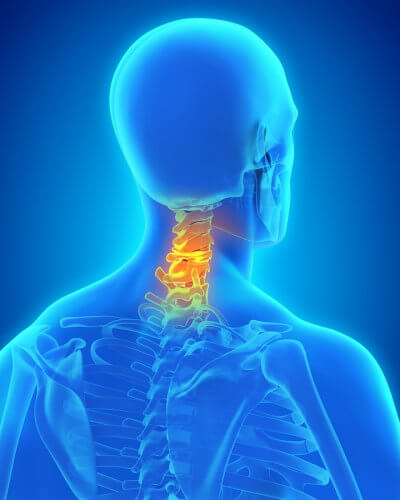Automobile accidents can result in minor and major, short-term and chronic injuries. Even if you think that the crash did not result in serious injuries, it’s important to have a medical doctor evaluate you right away. Delaying medical treatment may worsen your injuries and delay your healing. You may wish to schedule an appointment with a medical doctor who has experience with personal injury care for auto accident victims in Atlanta. 
Spinal Injuries
Spinal injuries are among the most serious types of car accident injuries. In severe cases, the spinal cord may sustain damage , which may result in permanent paralysis. Another possible accident injury is disc herniation. This refers to damage to the intervertebral discs, which are located between the vertebrae of the spine. The material on the inside of the discs may push outside of it’s normal postion. When the disc material becomes displaced, it can impinge upon the nearby nerves. This can cause long-lasting pain, numbness, and weakness.
Neck Pain
Whiplash injuries are some of the most common medical problems for car accident survivors. In a rear-end collision, the force of the impact thrusts the head rapidly in one direction, then the other. This causes the structures of the neck to become overextended. The muscles, ligaments, tendons, and nerves can develop tears from being stretched beyond their capacity. A whiplash injury can cause symptoms such as neck pain, stiffness, reduced range of motion, headaches, and dizziness. Some people may even suffer from memory loss, fatigue, poor concentration, ringing in the ears, blurry vision, and sensitivity to light.
Facial Trauma
A car accident may involve broken glass, deployed airbags, and other propelled objects that can strike the face of the driver or passenger. Facial trauma may range from minor scrapes to serious lacerations. Car accident victims may be diagnosed with fractures of the jaw. In some cases, patients may experience chronic jaw problems, such as temporomandibular joint (TMJ) disorder. This painful jaw disorder can impair a person’s ability to speak, eat, and even brush his or her teeth properly.








